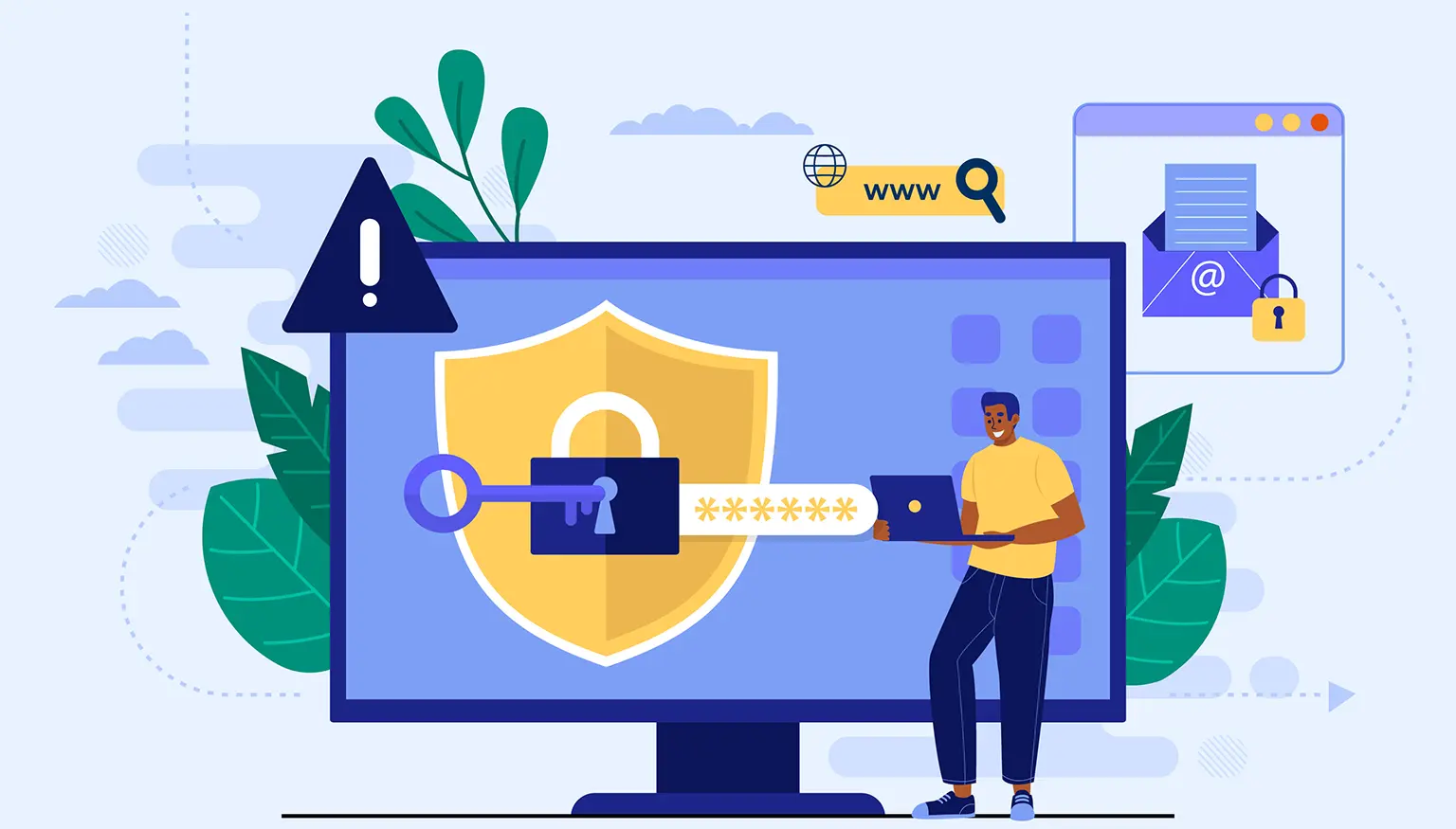Introduction
In today’s digitally connected world, your online business is more than just a website; it’s your storefront, your brand image, and a hub for customer interactions. However, with the increasing sophistication of cyber threats, ensuring the security of your website is paramount. In this article, we’ll delve into the pivotal role of website security in safeguarding your online business.
The Importance of Website Security
Online businesses are not immune to threats. Cybercriminals continuously evolve their tactics, aiming to exploit vulnerabilities and compromise websites. This makes website security not just a “nice-to-have” but a “must-have” element of your online presence. Here’s why the security of the website is crucial:
- Protecting Customer Data: Your online business may collect sensitive customer information, such as payment details. Ensuring the security of this data is not just ethical; it’s often legally required.
- Maintaining Brand Reputation: A security breach can tarnish your brand’s reputation. Customers are less likely to trust a business that has experienced a breach or data leak.
- Business Continuity: Downtime resulting from an attack can impact your revenue and customer satisfaction. Ensuring the security of the website helps maintain business continuity.
- SEO Ranking: Search engines, like Google, take website security into account when ranking websites. A secure website can improve your SEO performance.
Key Aspects of Website Security
To protect your online business, it’s important to understand the key aspects of website security:
- SSL Encryption
Secure Sockets Layer (SSL) encryption secures the data transmitted between a user’s browser and your website. It’s indicated by the padlock symbol in the address bar, and it’s essential for securing sensitive data during transactions. - Regular Software Updates
Outdated software is a common vulnerability. Ensure your content management system (CMS), plugins, and themes are regularly updated to patch security vulnerabilities. - Firewalls
Web application firewalls (WAFs) provide an additional layer of security, filtering out malicious traffic and protecting your website from attacks like SQL injection and cross-site scripting. - Strong Passwords and User Authentication
Require strong, unique passwords for your website and implement two-factor authentication (2FA) to enhance user security. - Security Audits and Scanning
Regularly audit your website’s security, conduct vulnerability scans, and fix identified issues promptly. - Data Backups
Frequent data backups can help you recover your website in case of a breach or a technical failure.
Conclusion
Your online business is an invaluable asset, and its security should be treated with the utmost importance. By prioritizing the security of the website, you’re not only protecting your business and customer data, but also preserving your brand’s reputation and online presence. At GEAMUS, we’re here to help you fortify your website against potential threats and ensure the safety of your online business.
Contact us today to learn how our website security solutions can keep your online presence safe and secure.
External Resources:

